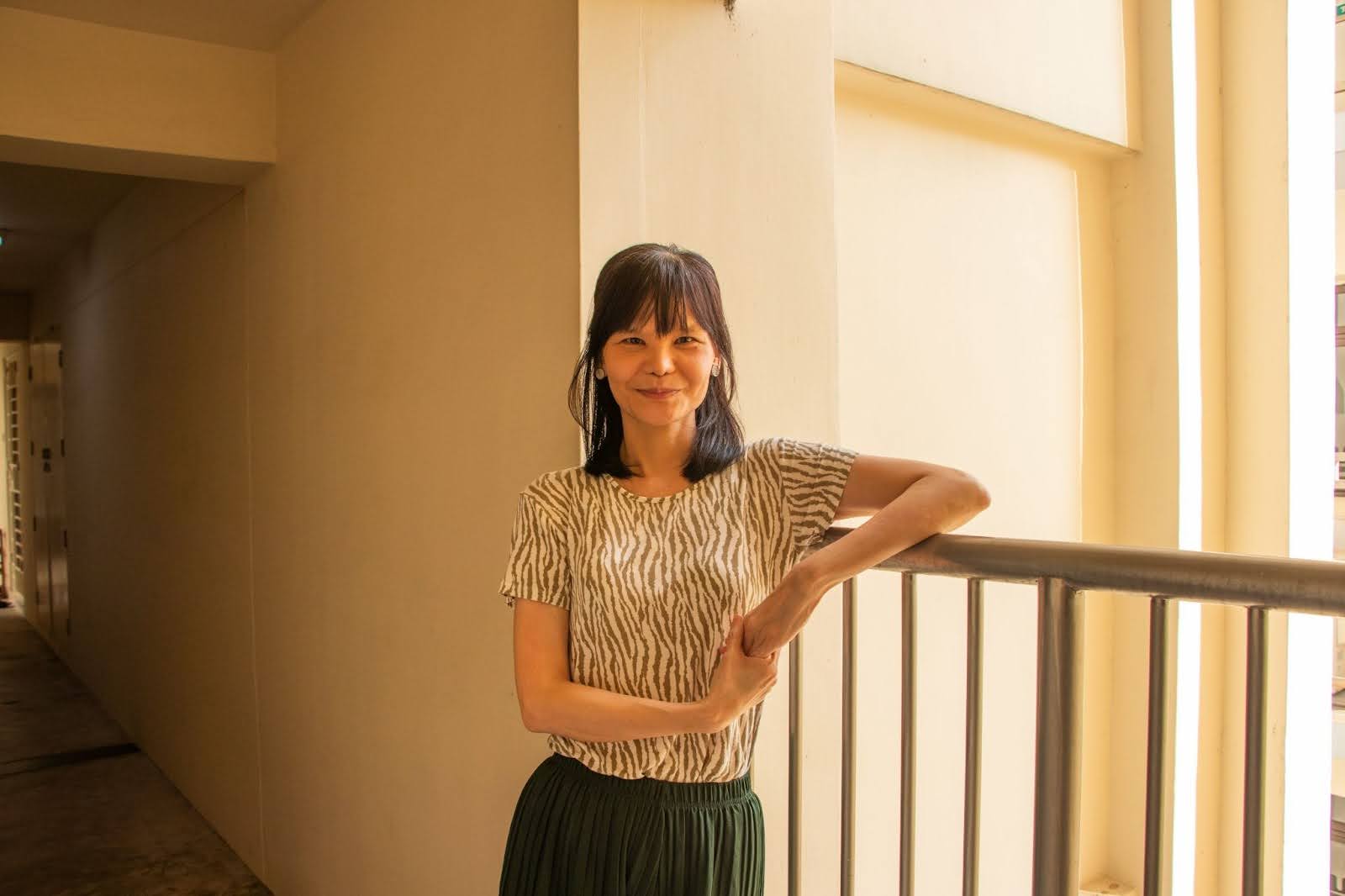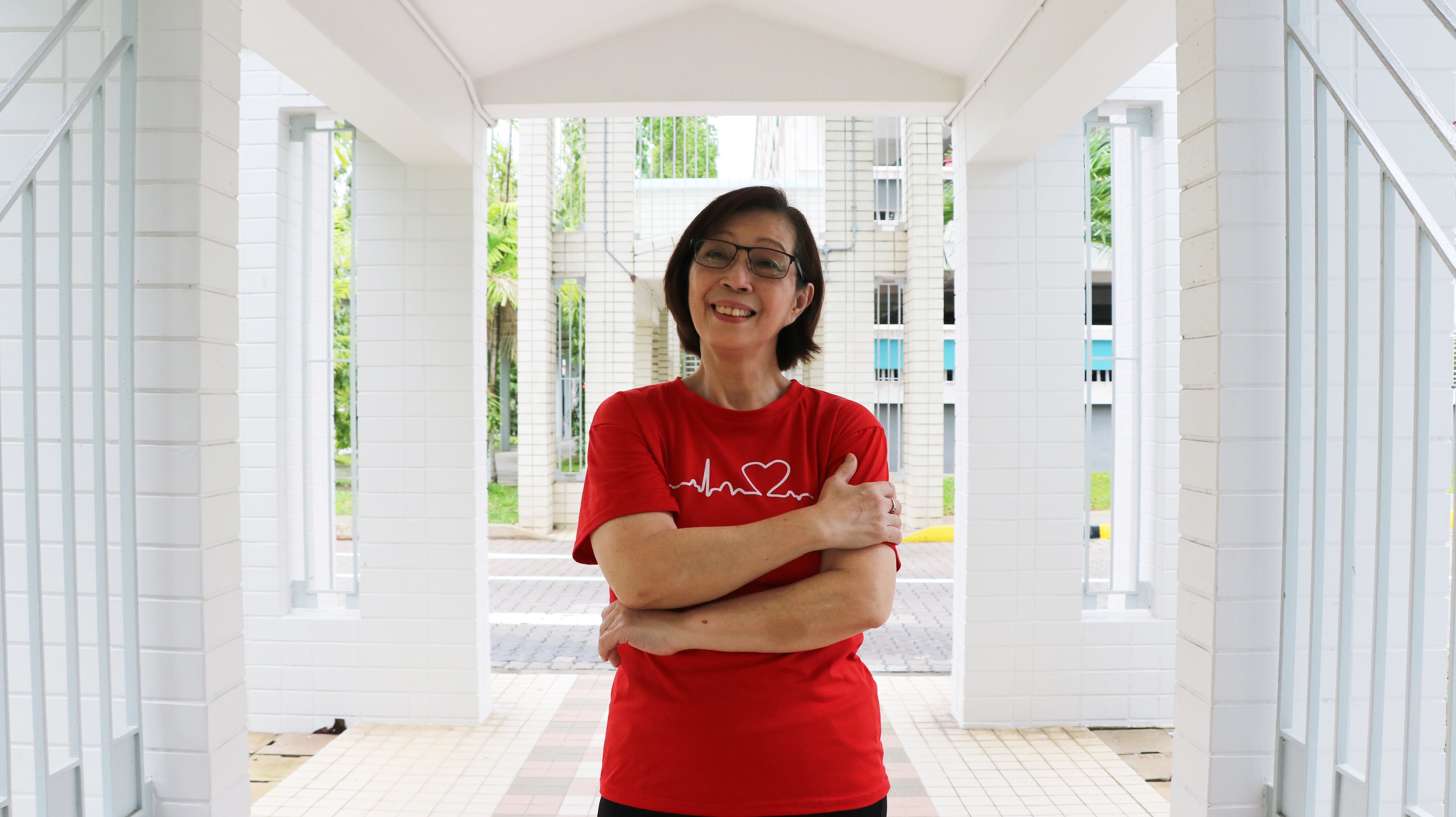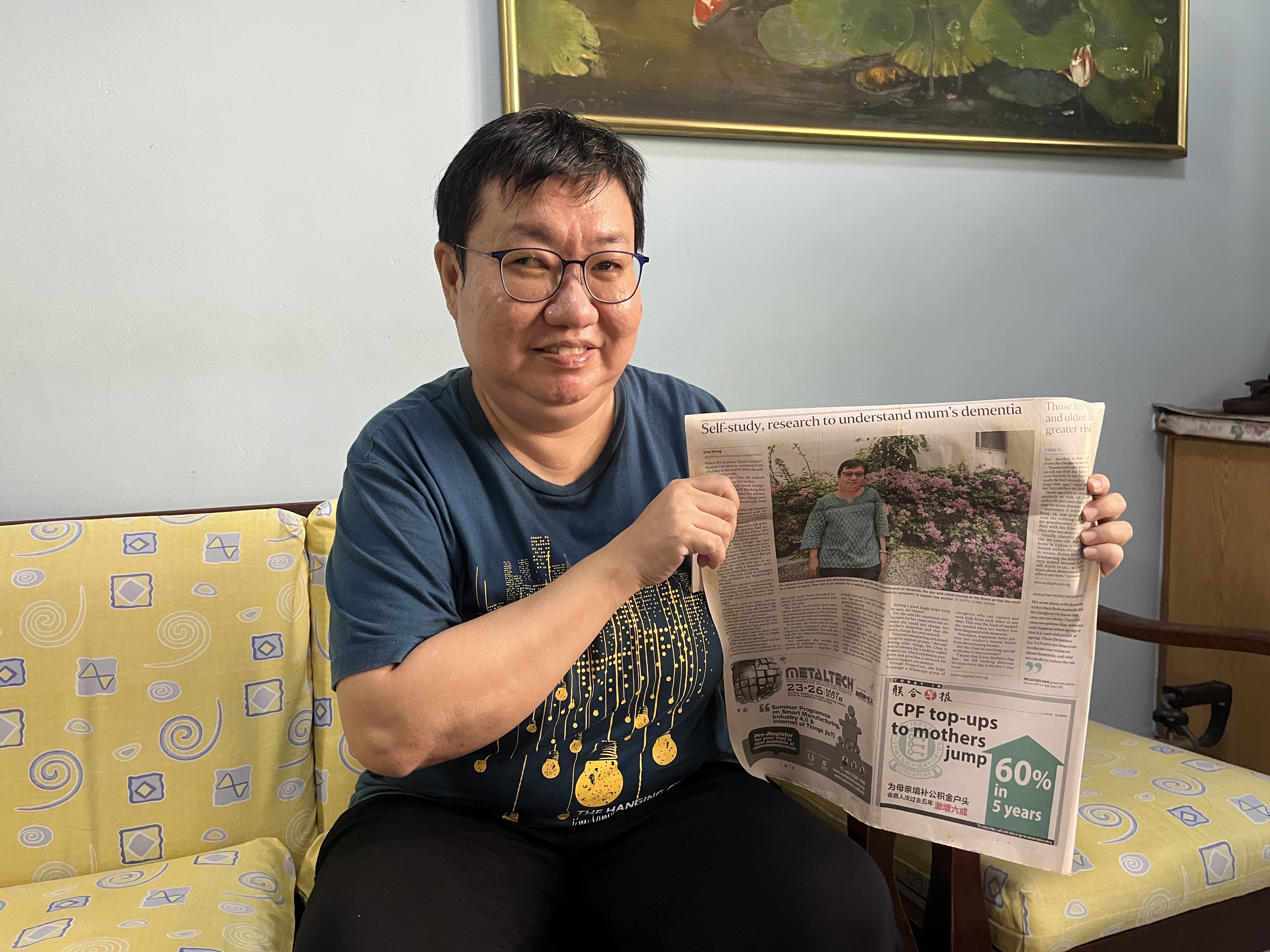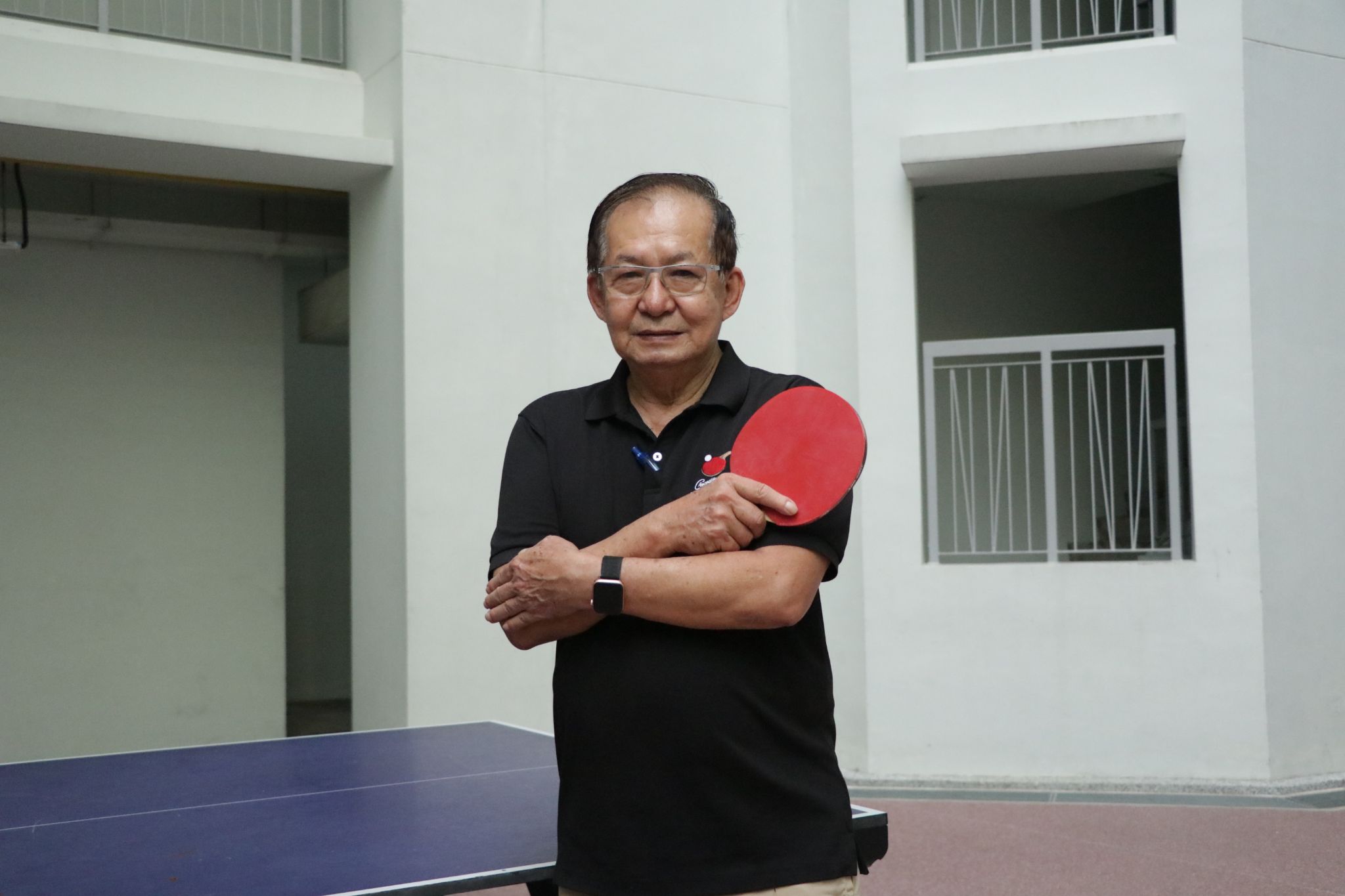Agnes Hoon, 55, never imagined that her 50s would bring such profound changes. As a secretary, her nine-to-six routine brought structure and independence. But in October 2019, everything changed when her mother was diagnosed with dementia.
Recognising the care her mother would need, Agnes decided to leave her job and become her full-time caregiver. “It wasn’t a difficult decision for me,” Agnes says. “I just knew I had to be there for her, the way she had always been there for me.”
From a full-time worker to a full-time caregiver
The transition from a structured work life to full-time caregiving was stark. “When I was working, my time after working hours was my own. But as a caregiver, every part of my day revolved around my mother,” she says. Mornings were especially hectic, filled with bathing, dressing, and preparing meals. Even lunch and dinner became markers of time that kept her tied to home.
At first, Agnes felt overwhelmed. “I felt trapped,” she admits. But with her family’s support, she soon settled into her role as a full-time caregiver. “Just having someone to lean on made a big difference,” she adds. Her sisters played a crucial role in helping her navigate the changes, stepping in whenever she needed a break. These moments of respite — like stepping out to have coffee with friends — gave her the chance to recharge and maintain balance.
Just as Agnes was beginning to find her footing, the onset of COVID-19 in 2020 introduced a new layer of complexity to her caregiving responsibilities. Lockdown restrictions prevented her two married sisters from visiting, which confused and frustrated her mother. “She didn’t know what COVID was or why we were confined at home,” Agnes recalls. Video calls proved to be of little help, as her mother struggled to grasp the concept. At the same time, her father’s mobility issues worsened, requiring additional care and assistance with daily activities. This further added to the responsibilities Agnes was already shouldering.
Confined at home, Agnes leaned heavily on her sister who also lived with them. Together, they navigated the long days, finding comfort in each other and taking turns caring for their parents. Her sister’s presence was invaluable, offering not just emotional support but also practical help with daily tasks and emergencies. “When my mother had a problem with incontinence, I couldn’t get her to the toilet in time. Luckily, my sister was there to help clean up,” she recalls.
Growing with the role
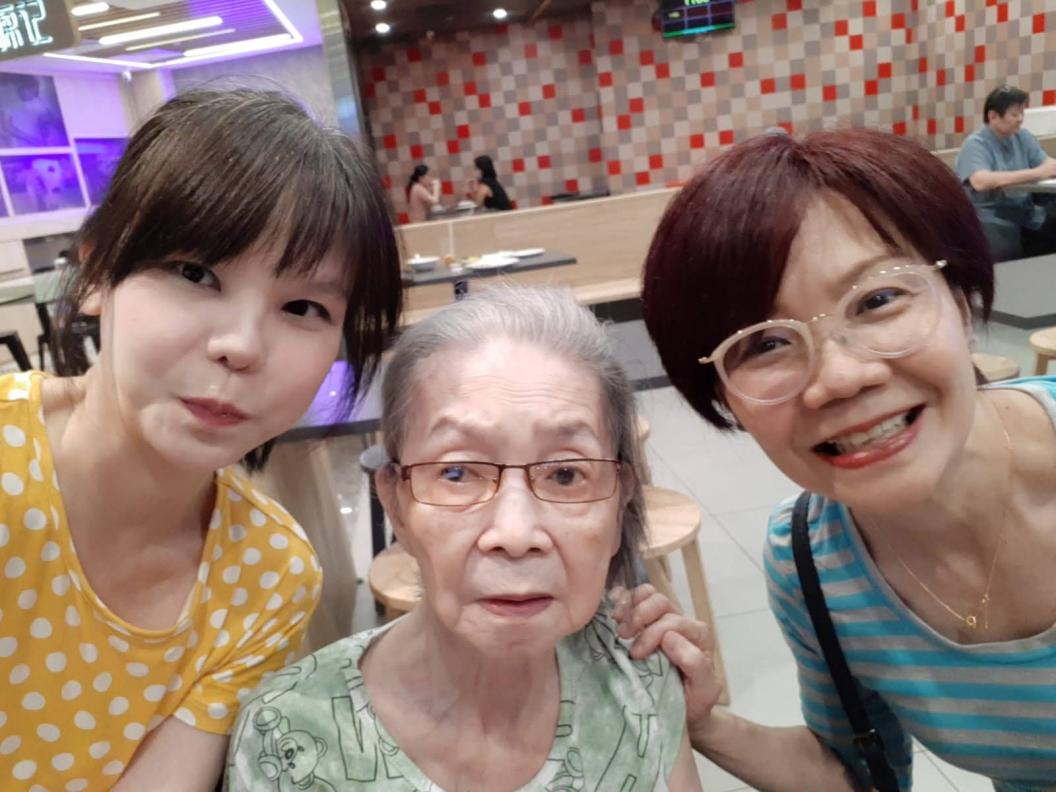
As her mother’s dementia progressed, so did the demands of caregiving. Agnes’ role expanded from managing basic needs to addressing more complex challenges, such as managing bedsores and coaxing her mother to eat when she refused. “Every stage required something new — I didn’t have a choice but to learn,” Agnes shares.
With time, Agnes recognised that professional help could ease her caregiving burden, so she sought assistance from external sources. The Agency for Integrated Care (AIC) connected her with grants and schemes that eased the financial strain, while Hua Mei Centre for Successful Ageing provided nursing support and expert guidance. “The care team taught me how to treat bedsores and prepare meals,” she says. “I couldn’t have done it without their advice.”
Facing late-stage dementia
By 2023, Agnes’ mother was diagnosed with late-stage dementia, a stage that demanded not just physical care, but also immense emotional fortitude. Feeding her mother became a marathon of patience as she began refusing food and losing weight. “We tried everything, even buying a dancing cactus toy to get her attention,” Agnes recalls, laughing at the memory. “It made a lot of noise, but it worked to wake her up.”
Reaching out to Hua Mei staff once again, Agnes learned new strategies. “The care team taught me what to buy, what to cook for her, and how to create the right environment to encourage eating,” she explains. Progress was slow — sometimes just five spoonfuls over two and a half hours — but Agnes persisted, driven by love and a sense of duty.
Despite the challenges, Agnes found small moments of joy in seeing her mother smile or respond, even faintly. These moments kept her going.
Rediscovering herself after loss
In March 2024, Agnes’ mother passed away, leaving her with a profound sense of loss. Just seven months later, her father unexpectedly passed as well. “It felt strange not to have my days revolve around their care,” she reflects. The sudden end to her caregiving routine left her grappling with grief and an unfamiliar void in her life.
Initially, Agnes struggled deeply with the weight of her grief, questioning her purpose and how to move forward. But over time, she realised she needed to take back control of her life. Finding a part-time job in the food services industry was her first step. The new role provided structure and something to look forward to, helping her move away from dwelling on sad thoughts at home.
Alongside her job, Agnes is now prioritising her mental well-being and focusing more on herself. “I started planning days to step out of the house and meet up with friends,” she says. She also plans to pick up old hobbies like needle punching, flower arranging and origami. “These little things bring me joy and help me reconnect with myself.”
Lessons from the journey
Having lived through the challenges of caregiving, her advice to caregivers is simple yet profound: “You’re not alone. Don’t be afraid to reach out and ask for help.”
Reflecting on her own journey, Agnes acknowledges how leaning on others made a world of difference. She expresses heartfelt gratitude to Hua Mei Centre for Successful Ageing and AIC for their invaluable guidance, as well as to her sisters, whose unwavering love and support gave her strength during the toughest times. “I couldn’t have done it alone,” she shares. “Having people to share the load — and to remind me that I wasn’t alone — meant everything.”
Caregiving transitions can be overwhelming, but with the right support from loved ones, professional resources and community organisations, they can become more manageable. Agnes’ experience is a testament to the resilience and strength that caregivers can find when surrounded by care, compassion, and a helping hand.
If you or someone you know is on a caregiving journey, the Agency for Integrated Care (AIC) is here to help. Visit our website for more resources and support: https://www.aic.sg/caregiving.


